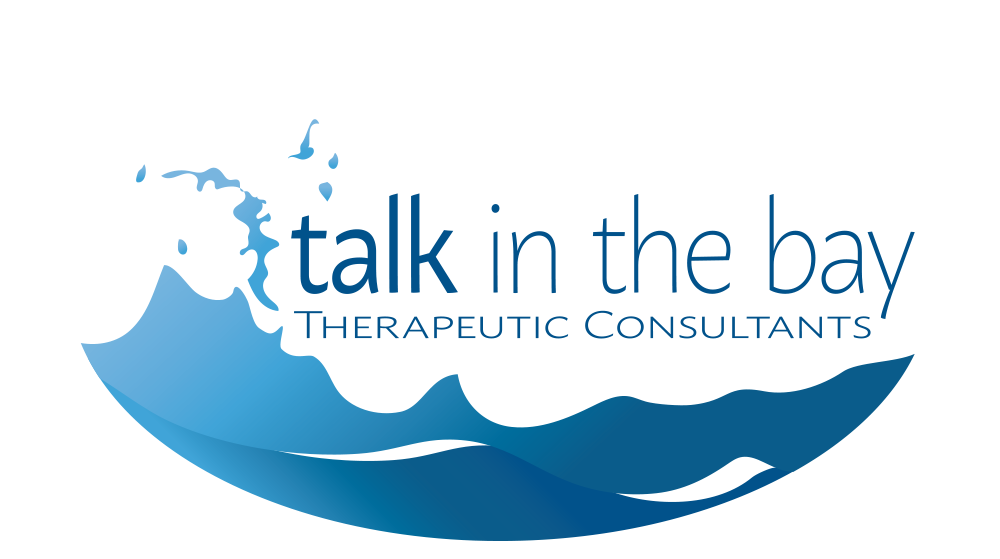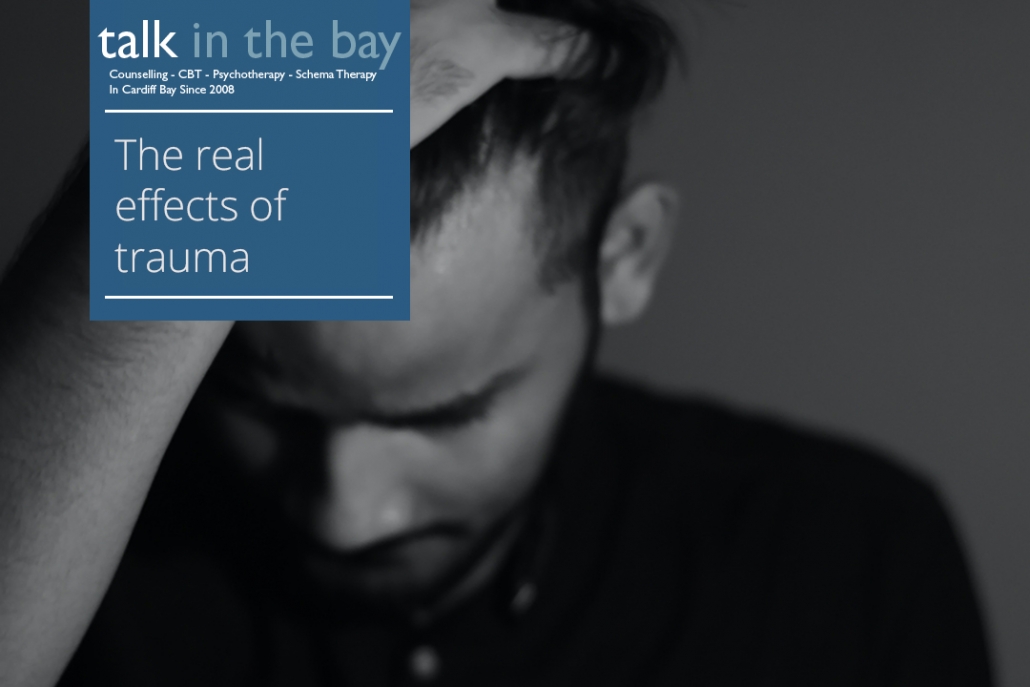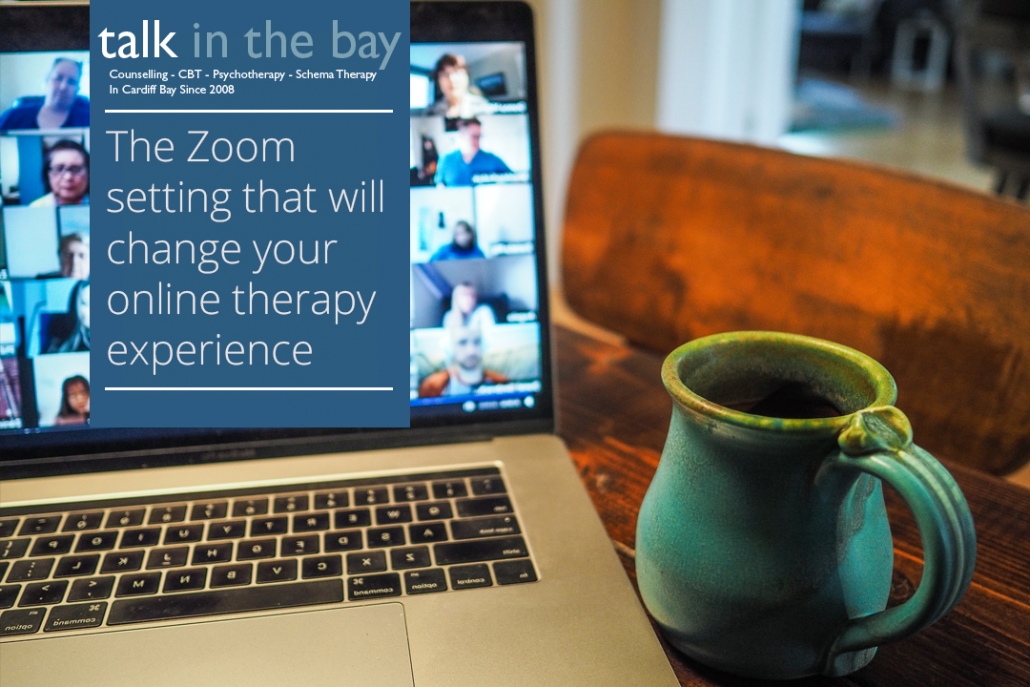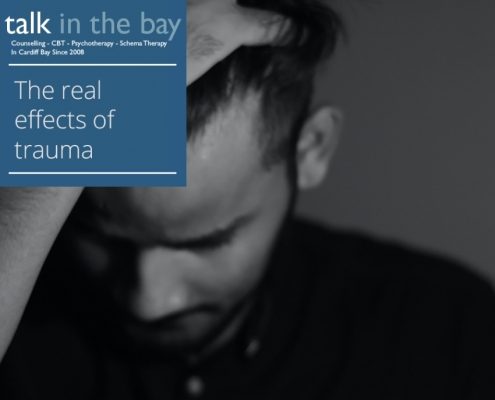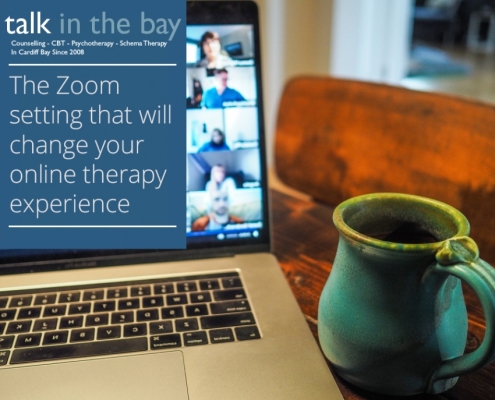What is cancer counselling?
Cancer is a disease of the cells in the body, and there are over 200 different types. Normally, cells gradually age and die, so they reproduce by splitting themselves and dividing. However, this process can get out of control, and the cells develop a lump, called a tumour.
Benign or malignant?
A tumour can be one of two categories, either benign, which poses no threat or danger to the body, or malignant, meaning the tumour is cancerous. In order to determine this, the cells are examined under a microscope, in a procedure called a biopsy.
Malignant tumours can spread to other parts of the body, as the cells can travel around the body.
85% of cancers are carcinomas, which means the cancer starts in the cells of the skin or lining of the organs – these cancers include breast, lung, prostate and large bowel cancer.
Leukaemia and lymphomas are more rare types of cancer, and the cancerous cells occurs in the tissue and bone marrow.
The rarest group of cancer is sarcomas. This is cancer that forms in the muscle, bone, or fatty tissue.
Cancer can be treated by various methods, including surgery, chemotherapy and radiotherapy. If detected early enough, cancer can be cured. However, if left undetected, the cancer may become terminal, and may have spread and developed to such an extent it cannot be treated.
Causes
Cancer is caused by a variety of different factors, some of which can be avoided and some of which cannot.
Age can be an important factor – most types of cancer become more likely as age increases.
Some cancers are hereditary, as the person is already born with the modified gene that causes cancer. This is called a ‘genetic predisposition’.
A weakened immune system can also contribute. Those that suffer from AIDS, rare medical syndromes that affect immunity, or have had organ transplants may be more susceptible to cancer.
Diet and general health can also increase the risk of cancer – in particular eating too much red and processed meat and not enough fresh fruit and vegetables. Drinking too much alcohol, not taking enough exercise and being overweight can also contribute.
Tobacco can cause a variety of different cancers, either through direct or passive smoking.
The sun can also cause cancer, with ultraviolet radiation being the cause of most skin cancers.
Some viruses can cause genetic changes in cells, which may make them more likely to become cancerous.
Cancer of the genital and anal areas can be caused by human papillomavirus (HPV) Liver cancer is linked to Hepatitis B and C.
Cancer treatment
The kind of treatment given depends on the type of cancer and how developed it is.
Active surveillance
Some types of cancer are very slow growing and may not cause any issues for many years. A doctor will monitor the cancer through active surveillance.
Surgery
Surgery involves an operation to remove a tumour. This is usually used when the cancer hasn’t spread to other parts of the body.
Radiotherapy
Radiotherapy is treatment using high energy x-rays to destroy the cancerous cells. It is carefully administered so that only it treats the affected area and does not damage healthy cells. Radiotherapy does cause side effects, which commonly include tiredness, nausea, diarrhoea, stiff muscles and joints, hair loss, sore skin and loss of appetite.
 https://talkinthebay.co.uk/wp-content/uploads/2022/10/World-Mental-Health-Day-2022-e1716448698921.jpg
563
1080
Carin Stenbeck
https://talkinthebay.co.uk/wp-content/uploads/2022/02/TalkintheBay_Logo_300dpi_Large.png
Carin Stenbeck2022-10-03 13:53:512022-10-04 13:39:59World Mental Health Day 22
https://talkinthebay.co.uk/wp-content/uploads/2022/10/World-Mental-Health-Day-2022-e1716448698921.jpg
563
1080
Carin Stenbeck
https://talkinthebay.co.uk/wp-content/uploads/2022/02/TalkintheBay_Logo_300dpi_Large.png
Carin Stenbeck2022-10-03 13:53:512022-10-04 13:39:59World Mental Health Day 22